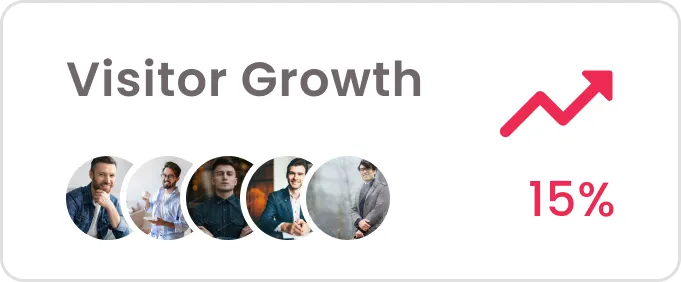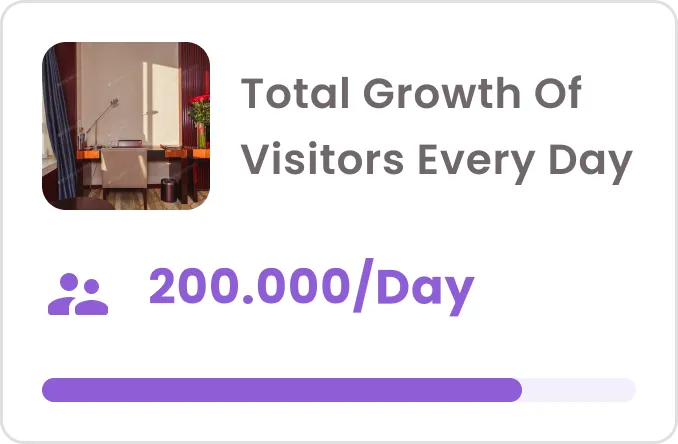
Welcome To Market Minds Creative
Empowered Minds Drive Real Results
Market Minds Creative is a digital marketing agency that focuses on driving business growth and
increasing online presence for our clients. We specialize in a 360-degree approach, offering services
like geofencing,SEO, content marketing, and web development. Our agency aims to provide tailored
strategies to help businesses unlock their full potential and achieve a strong return on investment.

Welcome To Market Minds Creative
Empowering Minds to Market Smarter
Market Minds Creative is a digital marketing agency that focuses on driving business growth and
increasing online presence for our clients. We specialize in a 360-degree approach, offering services like geofencing,SEO, content marketing, and web development. Our agency aims to provide tailored strategies to help businesses unlock their full potential and achieve a strong return on investment.
Achieve 10x ROI with Our Proven Strategies
Achieve 10x ROI with Our Proven Strategies
Specializing in comprehensive 360 marketing strategies and precision-driven geofencing, we ensure your message reaches your ideal audience exactly where and when it matters most.

Our Process
01.
Find Your Problem
Begin your journey with us to pinpoint your challenges and unlock tailored digital strategies for guaranteed growth.
03.
Personalized Growth Roadmap
From our analysis, we'll build your custom digital strategy, detailing goals, engagement, channels, and KPIs for overcoming challenges and achieving your specific success.
02.
Research Your Business
We'll dive deep into your business, uncovering key insights through data and digital marketing research to illuminate your growth potential.
04.
Implementation & Optimization
We expertly implement and continuously optimize your digital strategies across platforms for maximum ROI and lasting effectiveness.
Trusted Nationwide
Trusted by businesses across the nation to help them build a powerful online presence.
Our Services Are Ready To Help Your Business
From impactful websites and top SEO rankings to engaging social media, business consulting, ad campaigns and effective email campaigns. We provide the comprehensive strategies you need to elevate your brand, increase customer engagement, and drive significant conversions.
Our Product List

Website Development
Create stunning, high-converting websites to grow your business online!

Digital Marketing
Claim the 1st spot on Google for your industry. Boost visibility, drive traffic, and grow sales with expert SEO & SEM services!

Content Management
Maximize your content strategy with seamless management for optimal impact.

Public Relations
Craft your narrative and connect with your audience through powerful press.

Paid Advertising
Grow FAST with Google, Geofencing & Meta Ads in a combined ad strategy launching forward your business growth.

Marketing Consulting
Navigate the marketing landscape with clarity and achieve sustainable success through expert consulting.

Post Card Mailers
Reach homes and businesses directly with effective postcard mailer campaigns that are seamlessly integrated into your digital advertising campaigns.

Custom Built Marketing Software
Get a complete marketing system custom-built for your small business. That includes available marketing expert support to help you grow.
Testimonials
What others are saying
"Exceptional Results and Professional Service!"
"We partnered with this Market Minds to improve our online presence and drive more traffic to our website. The team was highly professional, responsive, and proactive in understanding our business needs. Within just a few months, we saw a significant increase in web traffic, social media engagement, and lead generation. Their strategic approach to SEO and paid advertising exceeded our expectations. I highly recommend them for any business looking to grow online."
– Sarah J.

"Never Met Someone so in Tune with Her Customers!"
"I just wanted to take a moment to thank Sierra for the outstanding customer service she provides. I have been a small business owner for many years and have never met someone so in tune with her customers. Sierra provides the utmost professionalism while communicating and working with the people around her. I highly recommend anyone with a small business trying to go far, to work with Sierra's top notch marketing firm."
– Tony V.

"Outstanding ROI and Great Support!"
"I was hesitant about investing in digital marketing, but after working with this team, I’m glad I did. Their expertise in Geo-fencing ads and SEO campaigns has provided an incredible return on investment for my business. The increase in qualified leads and conversions was immediate, and the ongoing support has been phenomenal."
– Emily P.

"Top-notch Strategy and Execution!"
"Market Minds has played a crucial role in helping us establish a strong digital footprint. The level of transparency and collaboration we’ve experienced with them is unmatched. I would recommend their services to any business serious about leveraging digital marketing for success."
– David R.

Frequently Asked Questions
1. What is digital marketing and how can it benefit my business?
Digital marketing encompasses all online marketing efforts that use digital channels such as search engines, social media, email, and websites to connect with current and prospective customers. It can benefit your business by increasing visibility, driving traffic, improving customer engagement, and boosting conversions through targeted strategies like SEO, PPC, content marketing, and social media management.
2. How long does it take to see results from digital marketing campaigns?
The timeline for seeing results from digital marketing depends on the type of campaign and your specific goals. For example, paid advertising (PPC) campaigns can generate leads almost immediately, while SEO efforts may take 3-6 months to show significant improvements. Consistent effort, strategic planning, and regular monitoring are key to achieving sustained success in digital marketing.
3. How do you determine which digital marketing strategies are right for my business?
We begin by conducting a thorough analysis of your business, target audience, industry, and competitors. Based on this research, we develop a customized digital marketing strategy that aligns with your business goals. This may include a combination of SEO, PPC, social media marketing, content marketing, and email marketing to ensure the best possible results for your brand.
4. Do I need to have a large budget to be successful in digital marketing?
No, digital marketing can be effective on any budget. The key is to allocate your resources wisely by focusing on the channels and tactics that will have the most impact for your business. Whether you have a small budget for targeted social media ads or a larger budget for a comprehensive campaign, we tailor our strategies to maximize your ROI and drive meaningful results.
Contact Us
Get in touch with us today to discuss how we can help elevate your brand through expert digital marketing solutions.







